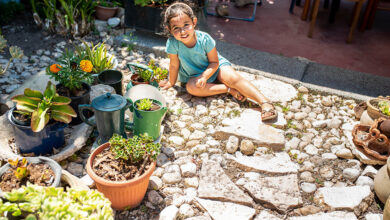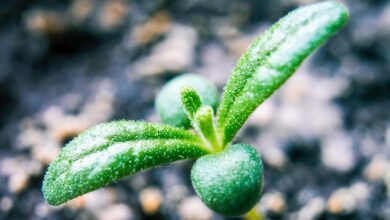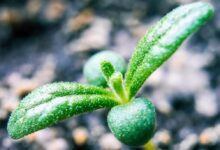
What to Know Before Investing in a Greywater System
- #1 – The definition of greywater
- #2 – Uses of greywater
- #3 – The legality of greywater
- #4 – The cost
- #5 – Saving water
Greywater systems are becoming more and more popular amongst homeowners because it is a way to implement eco-friendlier means of living. Our country experienced several water crises in the past few years and greywater systems are a great way to save water.
However, there are some things that homeowners need to know before installing a greywater system. They need to do proper research otherwise it might turn out to be a disaster.
#1 – The definition of greywater
In technical terms and according to experts, greywater is all water that is not potable. This includes rainwater, untreated borehole water, and wastewater from a shower, to mention a few.
However, wastewater from the shower, bath, basin, or washing machine is the most common type of greywater.
Homeowners must know what the source of the grey water is. It is not water that comes from the toilet or urinal. This is referred to as black water.
#2 – Uses of greywater
Most people use greywater to irrigate their gardens and flush toilets. But homeowners are warned that the use of greywater could harm the soil in their garden.
The reason for this is because greywater usually contains soaps and salts that can be harmful to the ground. If you are going to use it to irrigate your garden, switch to a low-sulfate soap. You can also do research to see which plants are more sensitive to greywater than others.
If the water is treated properly the water can be reused for flushing the toilet, doing laundry, and topping up the swimming pool. This can only be done by using a sophisticated system that can ensure the safe reuse of water.
#3 – The legality of greywater
Greywater use is legal in South Africa, but it is a bit more complicated than simply installing a system.
Firstly, there are risks involved and it has to be managed correctly. If the plumbing is incorrectly installed it could be seen as illegal.
Secondly, it could lead to blocked sewer lines due to the extraction of greywater from the system by users. It is recommended that some of the grey water be directed to the sewer.
#4 – The cost
A basic system that has been installed by a professional can cost between R12,000-R20,000. This price is dependent on the complexities of the system and the installation.
An intermediate system can cost between R50,000-R100,000. A sophisticated system can treat the water to a standard where it is free of all contaminants which is why the price goes up to R90,000 and more.
Homeowners also have the option to buy a DIY installation kit that will cost them about R500. These kits usually include a mini pump, a hair or particle filter, 15cm cable, 4m of clear pipe, a power adapter, and an on and off switch.
By installing a greywater system the homeowner doesn’t have to carry around buckets of wastewater around the house.
#5 – Saving water
The amount of water you save will depend on the type of system you install.
If a high-tech system is installed it can help a family of five save about 48,000 liters of shower water per year for toilet flushing alone. The average family can generate up to 500 liters of water a day that can be used for garden irrigation.
Whichever system you choose, you must do enough research before investing. Greywater systems can be very advantageous if installed and managed correctly.






